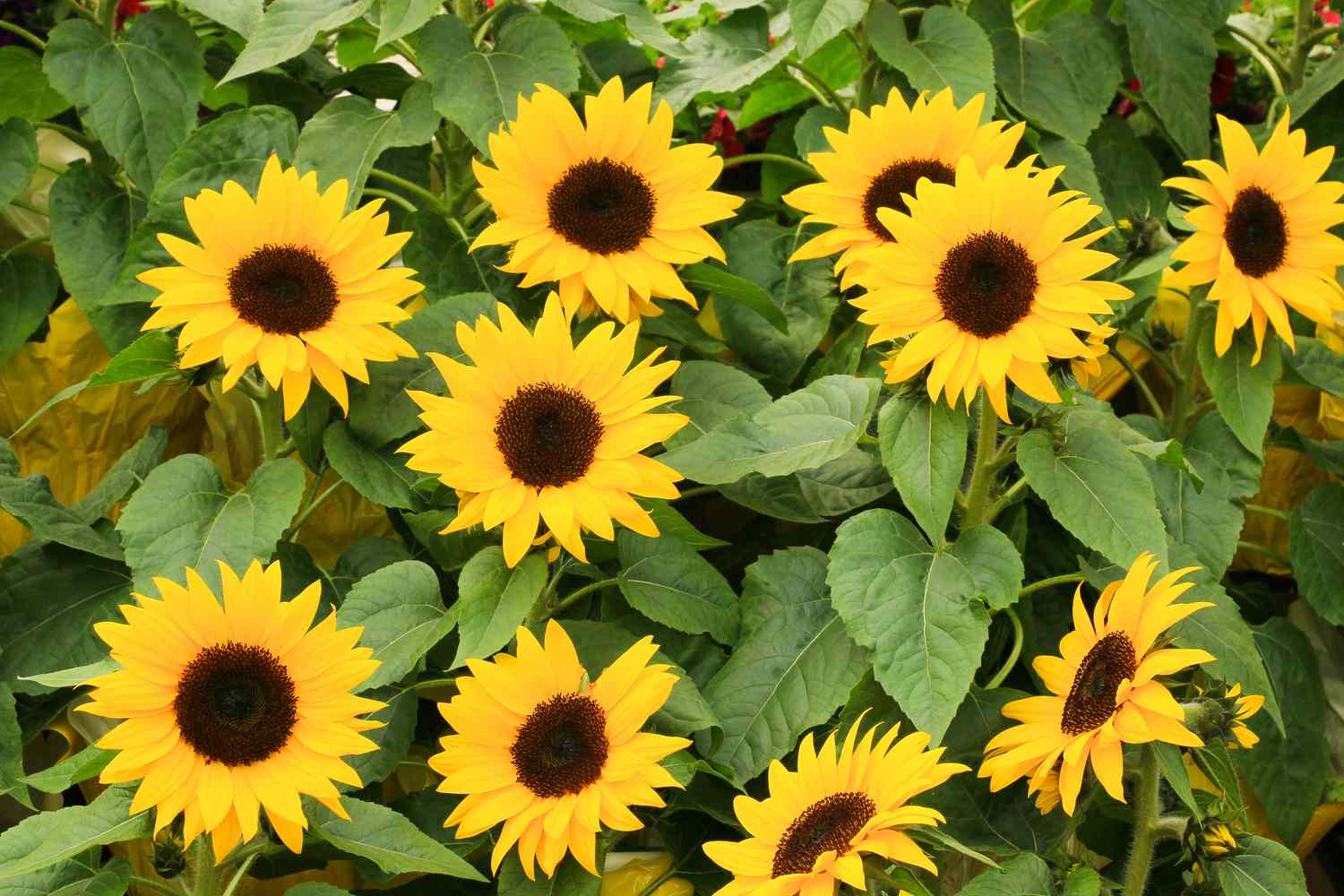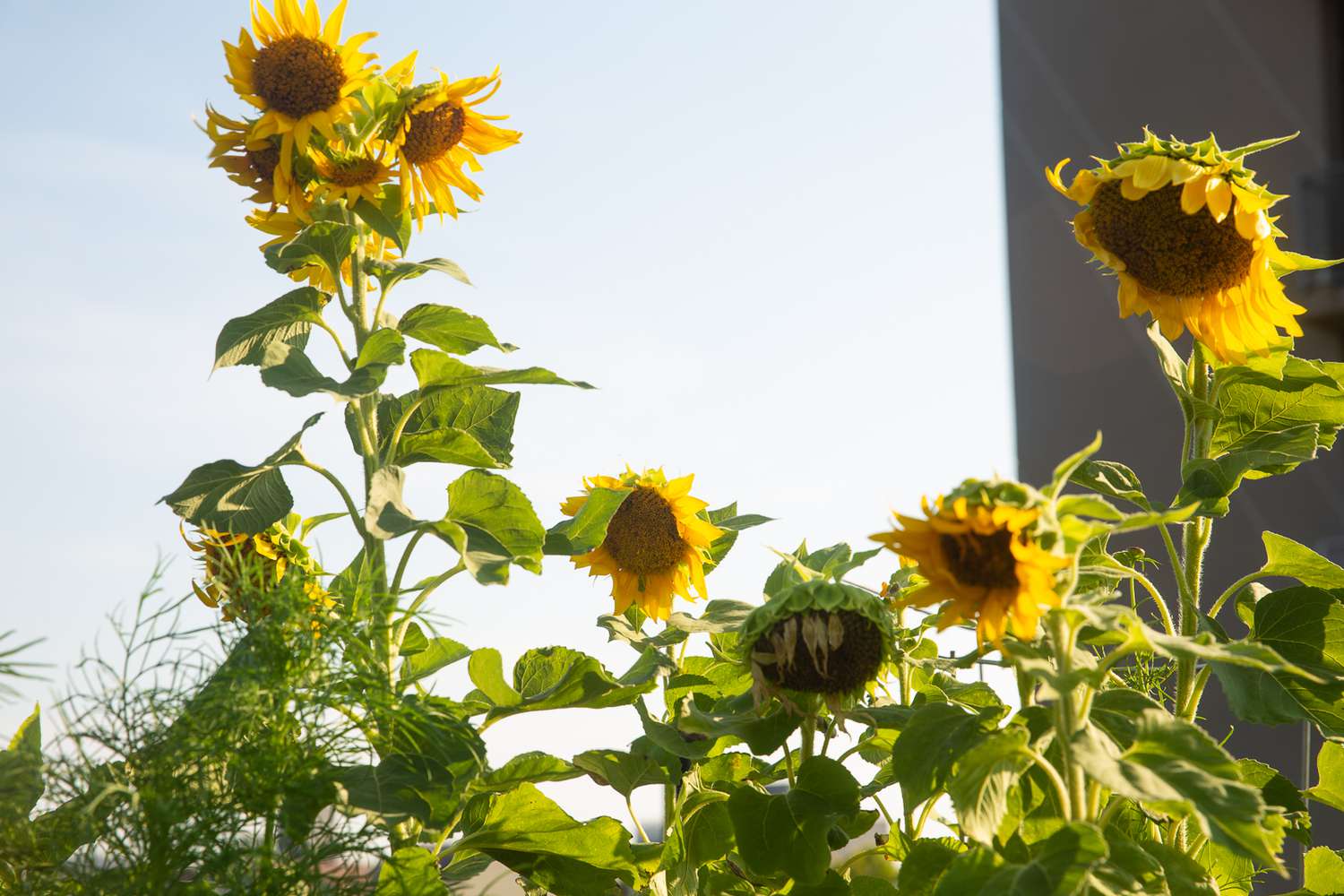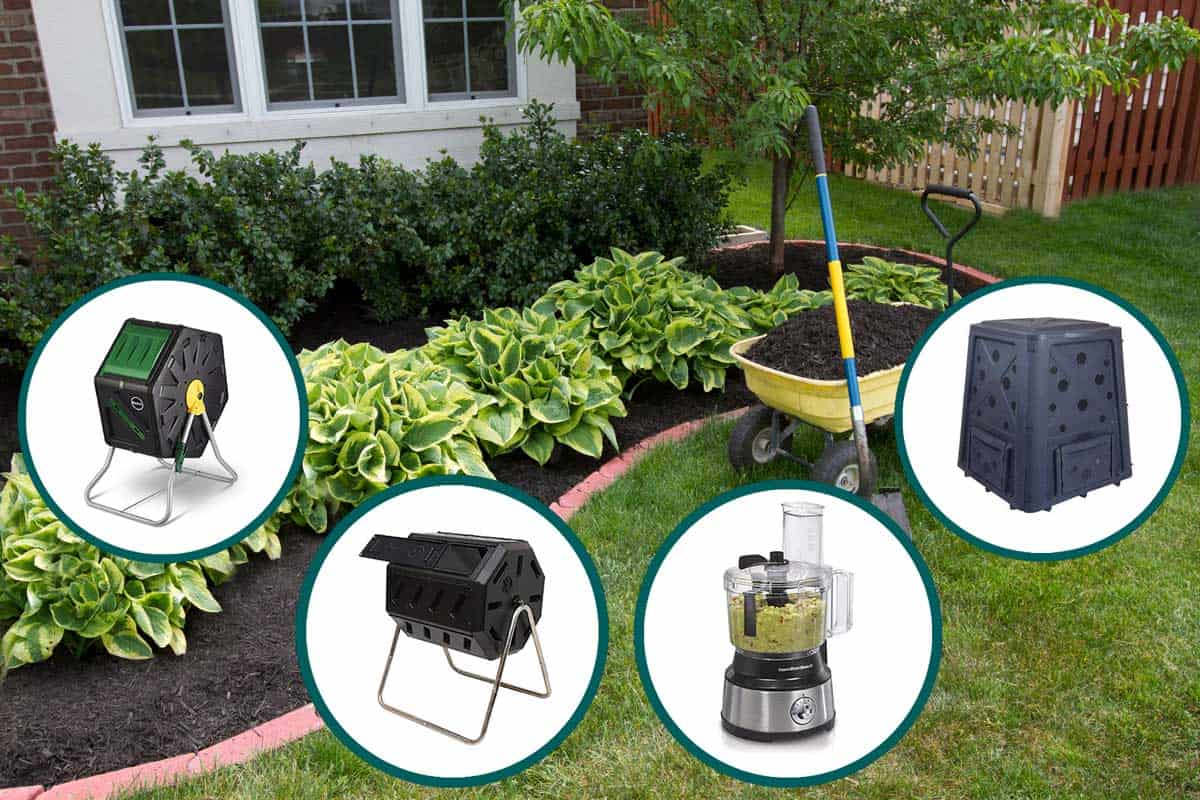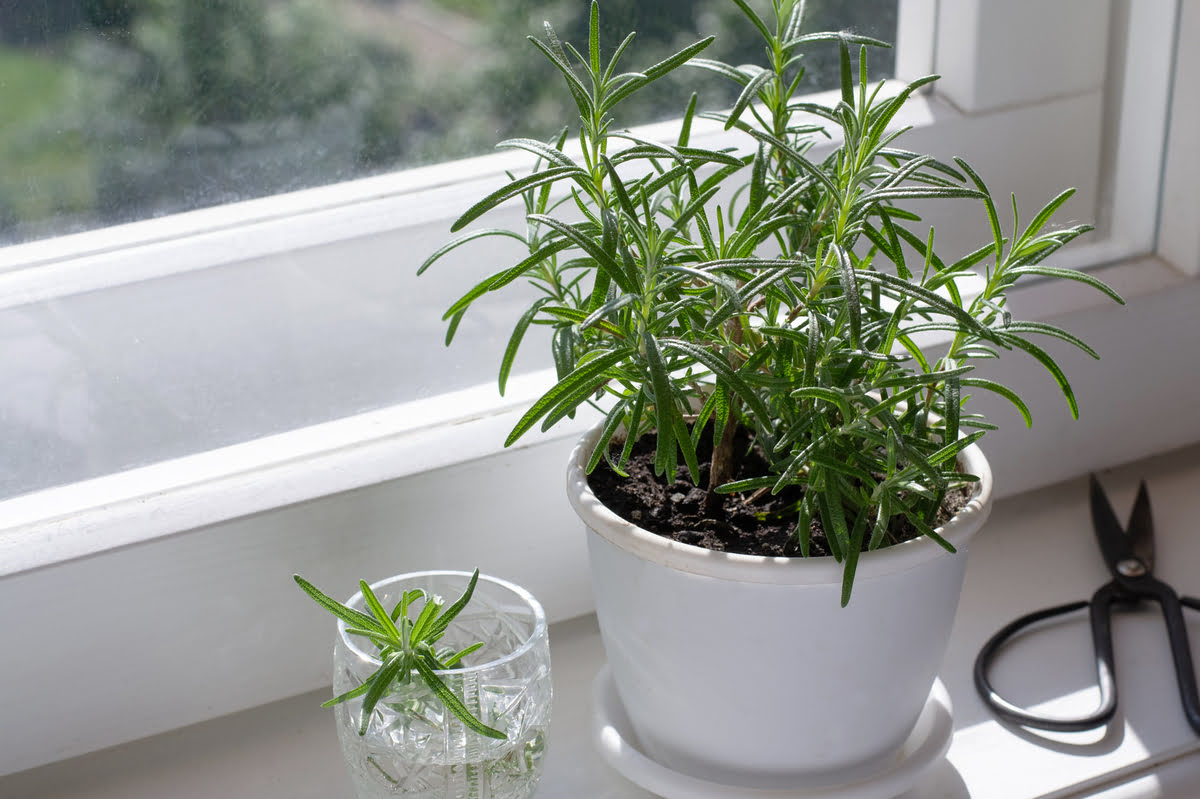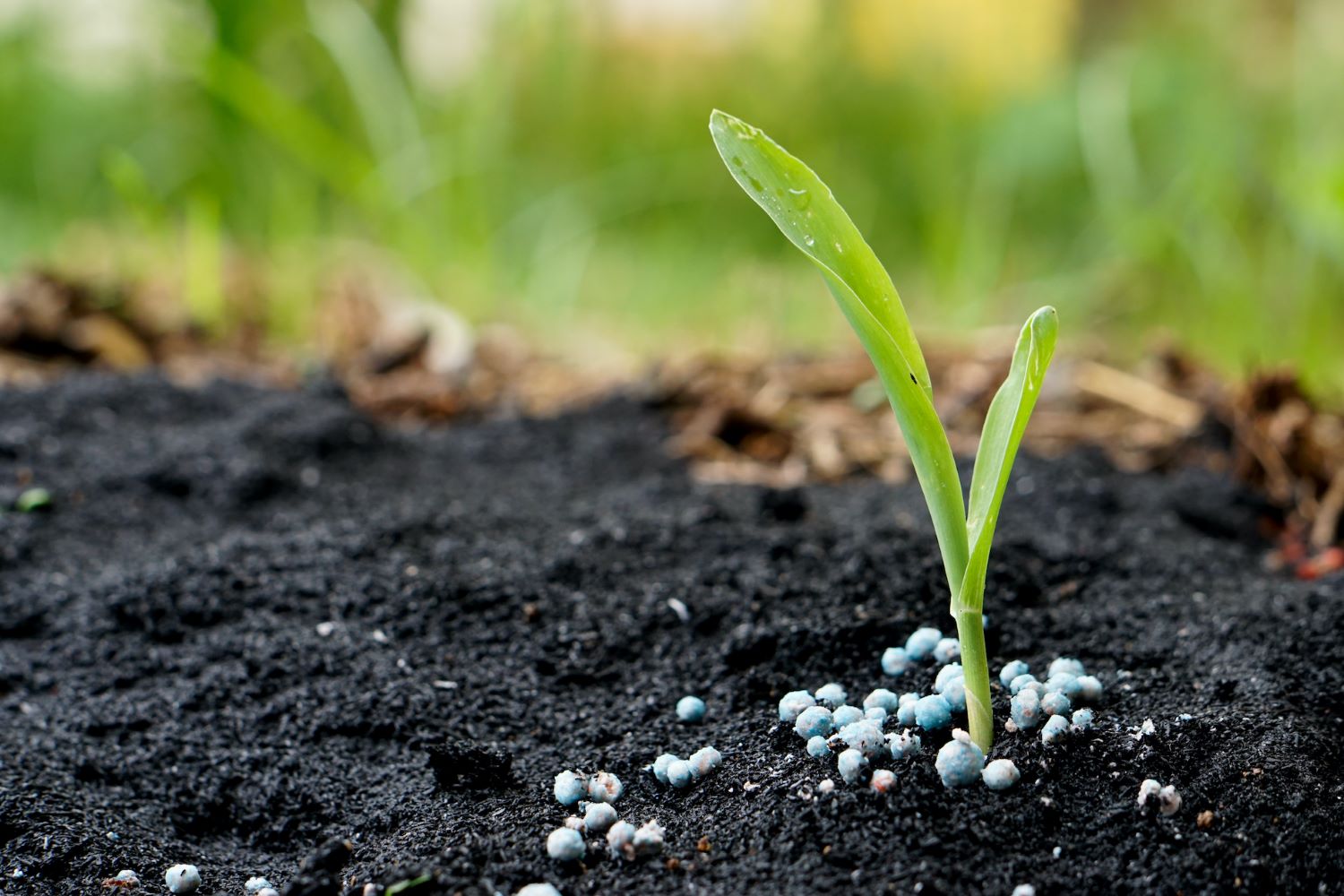Home>Types of Gardening>Ornamental Gardening>How Long Does It Take Sunflowers To Sprout
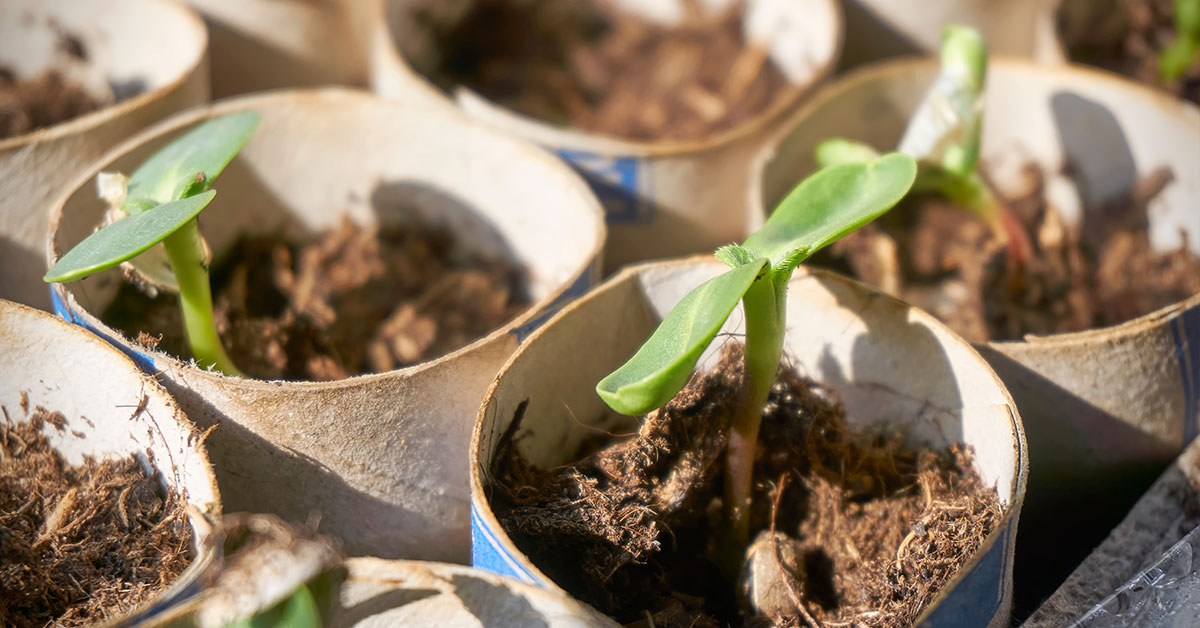

Ornamental Gardening
How Long Does It Take Sunflowers To Sprout
Modified: February 9, 2024
Discover how long it takes for sunflowers to sprout in your ornamental gardening journey. Uncover useful tips and tricks to nurture these beautiful flowers from seed to bloom.
(Many of the links in this article redirect to a specific reviewed product. Your purchase of these products through affiliate links helps to generate commission for Chicagolandgardening.com, at no extra cost. Learn more)
Table of Contents
Introduction
Ornamental gardening is a beloved hobby that allows individuals to bring beauty, color, and life to their outdoor spaces. One popular plant that captivates gardeners all over the world is the sunflower. Known for its vibrant yellow petals and towering height, the sunflower adds a touch of whimsy and cheerfulness to any garden or landscape.
For many gardeners, the anticipation of seeing sunflowers bloom is an exciting part of the gardening journey. But how long does it take for sunflowers to sprout? This question is often asked by beginners and experienced gardeners alike, as the germination time can vary depending on various factors.
In this article, we will explore the factors that affect sunflower germination time, the average germination period for sunflowers, and the process of sunflower germination. Additionally, we will provide tips for speeding up the germination process and discuss the factors that may delay sunflower germination.
If you’re eager to see your sunflowers bloom in all their glory, keep reading to discover everything you need to know about sunflower sprouting times and how to optimize your gardening experience!
Factors Affecting Germination Time
The germination time of sunflowers can be influenced by various factors that play a crucial role in how quickly the seeds sprout and emerge as seedlings. Understanding these factors can help gardeners plan their planting and ensure optimal conditions for successful germination.
1. Soil Temperature: Soil temperature is a key factor in determining how long it takes for sunflower seeds to sprout. Sunflowers prefer warm soil, with an ideal temperature range for germination being between 70 to 85 degrees Fahrenheit (21 to 29 degrees Celsius). If the soil is too cold, germination can be delayed or even prevented. Using a soil thermometer to monitor the temperature can help ensure ideal conditions.
2. Moisture: Adequate moisture is crucial for seed germination. Sunflower seeds require a moist environment to activate the germination process. If the soil is too dry, the seeds may remain dormant and take longer to sprout. However, excessively wet conditions can lead to seed rot and hinder germination as well. Striking the right balance and keeping the soil consistently moist, but not waterlogged, is important for efficient germination.
3. Seed Quality and Viability: The quality and viability of the sunflower seeds themselves can significantly affect the germination time. Fresh, high-quality seeds generally have a higher germination rate and sprout more quickly. It’s recommended to purchase seeds from reputable suppliers or save seeds from healthy, mature sunflowers for the best results.
4. Seed Depth: The depth at which the sunflower seeds are planted can impact the germination time. Sunflower seeds should be sown at a depth of around 1 to 1.5 inches (2.5 to 3.8 centimeters) for optimal germination. Planting the seeds too shallow or too deep can result in delayed germination or difficulty for the emerging seedlings to reach the surface.
5. Light Exposure: Sunflowers require ample sunlight to grow and thrive, but when it comes to germination, they are not reliant on light. Unlike some other plants, sunflower seeds can sprout in both light and darkness. However, once the seedlings emerge, they need sufficient light to continue their growth and development.
By considering these factors and providing the ideal conditions for sunflower germination, gardeners can maximize the chances of successful sprouting and enjoy vibrant sunflowers in their gardens. Let’s delve deeper into the average germination time for sunflowers in the next section.
Average Germination Time for Sunflowers
The germination time for sunflowers can vary depending on various factors, such as seed quality, environmental conditions, and seed variety. However, on average, sunflower seeds typically take around 7 to 14 days to sprout and emerge as seedlings.
It’s important to note that this is just an estimate, and actual germination time can vary. Some sunflower varieties may have a shorter germination period, sprouting within 5 to 7 days, while others may take slightly longer, up to 21 days. The specific germination time also depends on the growing conditions provided.
Factors like soil temperature, moisture levels, and seed quality play a significant role in determining the actual germination time. Warm soil temperatures between 70 to 85 degrees Fahrenheit (21 to 29 degrees Celsius) accelerate germination, while cooler temperatures can lengthen the process. Adequate moisture is crucial to activate the germination process, ensuring the seeds absorb enough water to break dormancy.
It’s always recommended to follow the instructions on the seed packet or consult the specific variety’s guidelines for more accurate germination estimates. Some hybrid or specialty sunflower varieties may have different germination requirements and times, so it’s essential to refer to reliable sources for the most accurate information.
While waiting for your sunflower seeds to sprout, it’s essential to monitor the seedlings closely and ensure they receive proper care. As soon as the seedlings emerge, provide them with ample sunlight, adequate watering, and nutrient-rich soil to support their growth and development.
Next, we’ll explore the fascinating germination process of sunflowers and gain insights into what happens below the surface as the seeds sprout and transform into young seedlings.
Germination Process of Sunflowers
The germination process of sunflowers is a fascinating journey that starts from a tiny seed and results in the emergence of a young seedling. Understanding the germination process can help gardeners appreciate the complexity of plant growth and provide the necessary care during this critical stage.
1. Seed Imbibition: The first step in germination is seed imbibition, where the sunflower seed absorbs water from the surrounding soil. As the seed takes in water, it begins to swell and soften. This process activates enzymes within the seed, initiating the germination process.
2. Embryo Growth: Inside the seed, the embryo begins to grow. The root, known as the radicle, emerges first and starts to elongate and push into the soil. Simultaneously, the shoot, or plumule, grows upward towards the soil surface. The cotyledons, which are the embryonic leaves, remain inside the seed at this stage.
3. Seedling Emergence: As the radicle continues to grow, it anchors the seedling firmly into the soil. Soon, the shoot pierces through the soil surface, and the cotyledons unfurl, exposing the first green leaves. At this stage, the seedling begins to photosynthesize and produce its energy.
4. True Leaf Development: After the cotyledon leaves, true leaves start to appear. The first set of true leaves emerges and develops, replacing the cotyledons as the primary photosynthetic organs. The number of true leaves varies depending on the sunflower variety, but typically the seedling will continue to produce more leaves as it grows.
5. Growth and Maturation: As the sunflower seedling continues to grow, it undergoes significant changes. The stem elongates, and more leaves develop along its length. The root system expands, allowing for efficient water and nutrient absorption from the soil. With proper care and favorable growing conditions, the sunflower seedling matures into a robust and towering plant, eventually producing the iconic sunflower blooms.
Understanding the germination process helps gardeners appreciate the efforts it takes for sunflowers to sprout and grow. By providing the optimal growing conditions, gardeners can support the healthy development of sunflower seedlings and ensure a successful gardening experience.
Next, let’s explore some tips on how to speed up the sunflower germination process and get those sunflowers blooming even sooner!
Tips for Speeding Up Sunflower Germination
If you’re eager to see your sunflowers sprout sooner, there are several tips and techniques that can help speed up the germination process. By optimizing the growing conditions and providing the right care, you can accelerate the growth of your sunflower seedlings and enjoy their vibrant blooms in less time.
1. Pre-Soaking Seeds: Pre-soaking sunflower seeds before planting can help speed up germination. Place the seeds in a bowl of room temperature water and let them soak for 12 to 24 hours. This softens the seed coat and aids in quicker water absorption, jumpstarting the germination process.
2. Scarification: Sunflower seeds have a hard outer shell that can slow down germination. To overcome this, you can scarify the seeds by gently rubbing them with sandpaper or nicking the seed coat with a small file or knife. This process creates small openings in the seed coat, facilitating water absorption and faster germination.
3. Germination Mix: Create a germination mix with equal parts of sterile seed-starting soil and vermiculite or perlite. This light and airy mixture provide optimal conditions for germination, allowing for better moisture retention and aeration around the seeds.
4. Warm Soil Temperature: Sunflowers thrive in warm soil, so ensuring the soil temperature remains in the ideal range of 70 to 85 degrees Fahrenheit (21 to 29 degrees Celsius) can significantly speed up germination. Consider using a heating mat or placing the seed trays in a warm and sunny location to provide the required warmth.
5. Adequate Moisture: Water the soil consistently to maintain optimal moisture levels for the seeds. Avoid overwatering, as this can lead to rotting, but ensure that the soil never becomes too dry. Mist the soil or cover the seed trays with plastic wrap to retain moisture until the seeds germinate.
6. Provide Ample Light: Although sunflower seeds can sprout in both light and darkness, exposing the emerging seedlings to bright light helps them grow healthier and faster. Place the seed trays near a sunny window or provide them with grow lights to ensure they receive sufficient light for growth.
7. Nutrient-rich Soil: Use a well-balanced, nutrient-rich potting soil or amend your garden soil with compost or organic matter before planting sunflower seeds. This provides a favorable environment for the seeds to germinate and supports vigorous growth of the seedlings.
Implementing these tips can help accelerate sunflower germination, reducing the waiting time for your beloved blooms. Remember to monitor the seedlings closely, provide them with appropriate care, and adjust the conditions as needed to maximize their growth potential.
Now, let’s explore some factors that may potentially delay sunflower germination.
Factors that Delay Sunflower Germination
While there are ways to speed up sunflower germination, it’s also important to be aware of factors that may potentially delay the process. By understanding these factors, gardeners can identify potential issues and take steps to mitigate them, ensuring successful germination of their sunflower seeds.
1. Cold Soil Temperature: Sunflowers prefer warm soil for germination. If the soil temperature is too cold, it can hinder the germination process or even prevent it altogether. Soil temperatures below 50 degrees Fahrenheit (10 degrees Celsius) can significantly delay germination. It’s essential to wait until the soil warms up before sowing sunflower seeds or consider using season extenders like row covers or tunnels to create a warmer microclimate.
2. Overwatering: While consistent moisture is crucial for successful germination, overwatering can be detrimental. Excessive water can drown the seeds or cause them to rot, leading to delayed or failed germination. It’s important to strike a balance and ensure the soil is moist but not waterlogged. Regularly check the soil moisture level and adjust watering accordingly.
3. Poor Seed Quality: The quality of the sunflower seeds themselves can impact germination time. Low-quality or old seeds may have lower viability and take longer to sprout. It’s recommended to purchase fresh, high-quality seeds from reputable suppliers or, if saving seeds from existing sunflowers, ensure they are fully mature and in good condition.
4. Improper Seed Depth: Planting sunflower seeds at the wrong depth can also delay germination. Seeds should be sown at a depth of about 1 to 1.5 inches (2.5 to 3.8 centimeters), depending on the seed size. Planting seeds too shallow may expose them to drying out, while planting them too deep can inhibit their emergence. Follow the recommended planting depth for optimal germination.
5. Lack of Light: While light exposure is not essential for sunflower seed germination, once the seedlings emerge, they require ample light to continue their growth. Insufficient light can lead to weak, leggy seedlings that take longer to mature. Ensure the emerging seedlings receive at least 6 to 8 hours of direct sunlight a day or provide them with supplementary grow lights if growing indoors.
By being aware of these potential delays, gardeners can take proactive measures to avoid or mitigate them. Maintaining proper soil temperature, providing adequate but not excessive moisture, using high-quality seeds, sowing at the correct depth, and ensuring sufficient light can help prevent delays and promote optimal sunflower germination.
Now that we have explored factors that may impact sunflower germination, let’s wrap up with a recap of what we have learned.
Conclusion
Growing sunflowers from seeds is an exciting and rewarding experience for any gardener. Understanding the factors that influence germination time and optimizing the growing conditions can significantly enhance the success of the germination process. By following the tips for speeding up germination, such as pre-soaking seeds, scarification, providing proper moisture and warmth, and ensuring adequate light, you can reduce the waiting time and see your sunflowers sprout and flourish more quickly.
Remember to be patient, as germination can still vary depending on seed quality, environmental conditions, and sunflower variety. Monitor the seedlings closely, providing them with the necessary care as they emerge and develop into young plants. The germination process of sunflowers, from seed imbibition to seedling emergence and beyond, is a remarkable journey that highlights the resilience and beauty of nature.
By being mindful of potential factors that may delay germination, such as cold soil temperature, overwatering, poor seed quality, improper seed depth, and lack of light, you can address these challenges and ensure a successful germination process. Remember, gardening is a learning experience, and each season presents opportunities for growth and improvement.
So go ahead, sow those sunflower seeds with confidence, and embark on a journey filled with vibrant blooms and joyous moments in your garden. With the right knowledge, care, and a touch of patience, you’ll soon be rewarded with a breathtaking display of sunflowers adorning your landscape.
Happy gardening!

